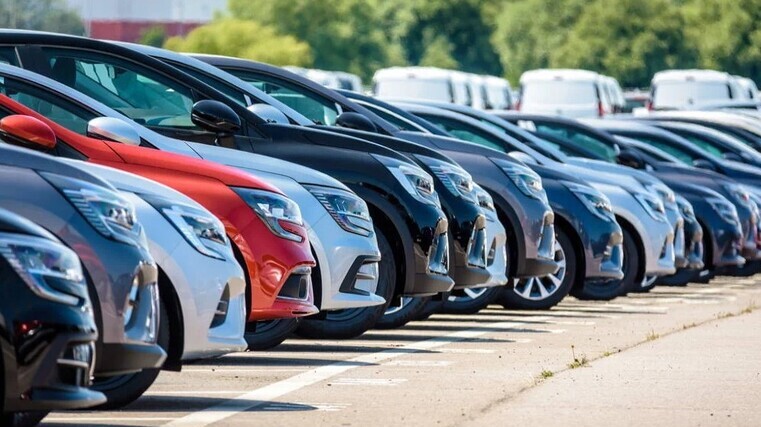Fleets drive further growth

The new-vehicle market in the UK has recorded its best April for registrations since 2021 after sales rose one per cent year-on-year to 134,274 units.
Last month’s increase means the market has grown for 21 consecutive months, according to the latest data from the Society of Motor Manufacturers and Traders (SMMT).
However, April’s total this year was still 16.6 per cent lower than the pre-pandemic level.
The SMMT notes the latest growth was driven entirely by fleets, where registrations were up by 18.5 per cent, compared with a year ago, to reach 81,207 units – more than six in every 10 new cars registered in April.
Private buyer uptake fell by 17.7 per cent to 50,458 units over the same timeframe, while business registrations tumbled by 16.1 per cent to 2,609.
Electrified models also drove market expansion, with plug-in hybrids (PHEVs) up by 22.1 per cent to account for 7.8 per cent of the market.
Hybrid sales rose 16.7 per cent for a 13.1 per cent share of demand and battery electric vehicle (BEV) registrations increased by 10.7 per cent to clinch 16.9 per cent of activity.
However, the latest forecasts shows a diminishing share for BEVs despite a growing overall new car market.
The SMMT predicts 1.984 million new cars will be registered in 2024 – a 4.2 per cent rise on last year and a 0.5 per cent increase on January’s outlook.
At the same time, BEV volumes for this year have been revised downwards by 5.2 per cent. Their anticipated market share is now 19.8 per cent, which is below the UK government’s target of 22 per cent per manufacturer under the Vehicle Emissions Trading Scheme.
Mike Hawes, SMMT chief executive, adds: “The new car market continues to grow even in the quieter months, driven primarily by fleet demand.
“This is particularly true of the electric vehicle sector, where the absence of government incentives for private buyers is having a marked effect.”





